2025 Wildlife Health Challenge Grant
The WDA is once again partnering with crowdfunding site Experiment to run a challenge grant for wildlife health. Crowdfunding is an excellent way to generate interest in and funds for your project by harnessing the power of the community to further your vital research.
Submitted Projects
11
Submission Deadline
Jan 31, 2025
About This Grant
The median amount raised for successful proposals is between US $4000 and $5000.
Bonus Prizes
In addition to the amount raised from the crowdfunding, the WDA will provide SIX incentive prizes for projects with the most donors. This is open to members and non-members of the WDA but WDA members will receive a bigger bonus.
Day 21 - Two bonus awards
1st place: $1500 for projects where primary investigator is a WDA member, $1000 for a non-member.
2nd place: $1000 for projects where primary investigator is a WDA member, $500 for non-member.
(NB: To qualify the primary investigator must be a WDA member by the 20th day of the campaign)
Day 30 (Final Day) - Four bonus awards
An additional four prizes will be awarded to the top 4 proposals (excluding the 2 winning proposals from the 21st) with the greatest number of supporters and whose primary investigator is a WDA member:
Third to Sixth Place
$300 for projects where the primary investigator is a WDA member.
(NB: To qualify the primary investigator must be a WDA member by the 20th day of the campaign)
Key Dates
Monday January 6 to Friday January 31 – Grant preparation and submission
Friday January 31 – Submission deadline
Tuesday February 12 to Sunday March 9 – Campaign coaching and strategy development period with Experiment staff
Monday March 10 – Launch day, Crowdfunding campaign kick-off
Monday March 31 – Day 21 of the crowdfunding campaign, bonus funds awarded by WDA
Wednesday April 10 – Crowdfunding campaigns end and 30 day awards and bonus funds awarded by WDA
How to Apply
1. Use the experiment template to prepare your grant and submit it by the January 31 deadline. Find examples of past grants here.
2. Experiment coaches you through the process of getting your grants ready. The WDA and experiment team will review each proposal for eligibility and clarity. During this period, you can edit your submission based on feedback before it goes live on experiment’s website.
3. The Challenge Grant campaign goes live on March 10, 2025 and then it's up to you to find as many supporters as possible by promoting and publicising your project. The aim is to raise as much money as you can so share, share and share again. But you won't be alone ... the team from experiment and the WDA will provide on-going coaching, promotion and tips for a successful campaign. Supporters can be anyone, family, friends, neighbors, colleagues, and donations can be as low as $1!
4. The campaign ends on April 10, 2025. Projects who have met or exceeded their proposed budgets will receive their money and there are also bonus incentive awards, so read on to find out more about those.
Eligibility
To be eligible proposals must meet the following criteria:
• Involve a significant health issue in free-ranging aquatic or terrestrial wildlife.
• Have implications for wildlife populations or ecosystems in which wildlife live.
• Emphasize species conservation or application of a One Health approach.
Watch the video by successful crowdfunder Lauren for get tips on how to run a successful campaign.
Funded Projects
2
Do Australian bats have what it takes to survive the deadly White Nose Syndrome?
Australian bats are at risk from the deadly fungal disease White Nose Syndrome (WNS), which is expected...
What is the health status of wild stranded dolphins in the west coast of Ireland?
Dolphins are charismatic animals that can be found around Ireland. Many factors can contribute to stranding...
Submitted Projects
9
Using a museum collection to understand how frogs respond to disease
Frogs are experiencing global declines because of emerging pathogens. Understanding how populations cope...
Disease pathways between domestic animals and wildlife in the Tarangire ecosystem
Dogs near Tarangire National Park can be reservoirs of zoonotic and cross-species diseases, such as rabies...
Are marine birds that live in densely populated coasts affected by zoonotic infections?
Animals living in anthropologically altered habitats are constantly threatened by possible zoonotic infections...
Eco-epidemiological study of the Canine Distemper Virus in wild canids and domestic dogs in the Brazilian Cerrado
Infectious diseases like canine distemper virus (CDV) threaten wildlife, causing outbreaks with high death...
Solving the muskrat mystery: understanding disease threats to a keystone species.
The muskrat, a charismatic semi-aquatic rodent, has experienced long-term declines across the United States...
What pathogens threaten the South American sea lions at Peninsula Valdes?
Infectious diseases are a growing threat to marine mammals worldwide contributing significantly to mortality...
Investigating the impact of illegal trade on antimicrobial resistance occurrence in endangered tortoises in Madagascar
Madagascar’s tortoises face population declines due to human activities, including illegal trade. A potential...
How do human activities influence bat and rodent health in Campeche, Mexico?
Disturbance in Mexico is concentrated in the southeast region, where 10,000 km2 of tropical forests were...
How does viral diversity among wild urban pigeons affect human and animal health?
Wild urban pigeon droppings harbour not only bacterial and fungal pathogens but also diverse viruses that...


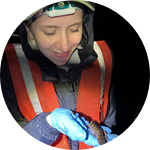
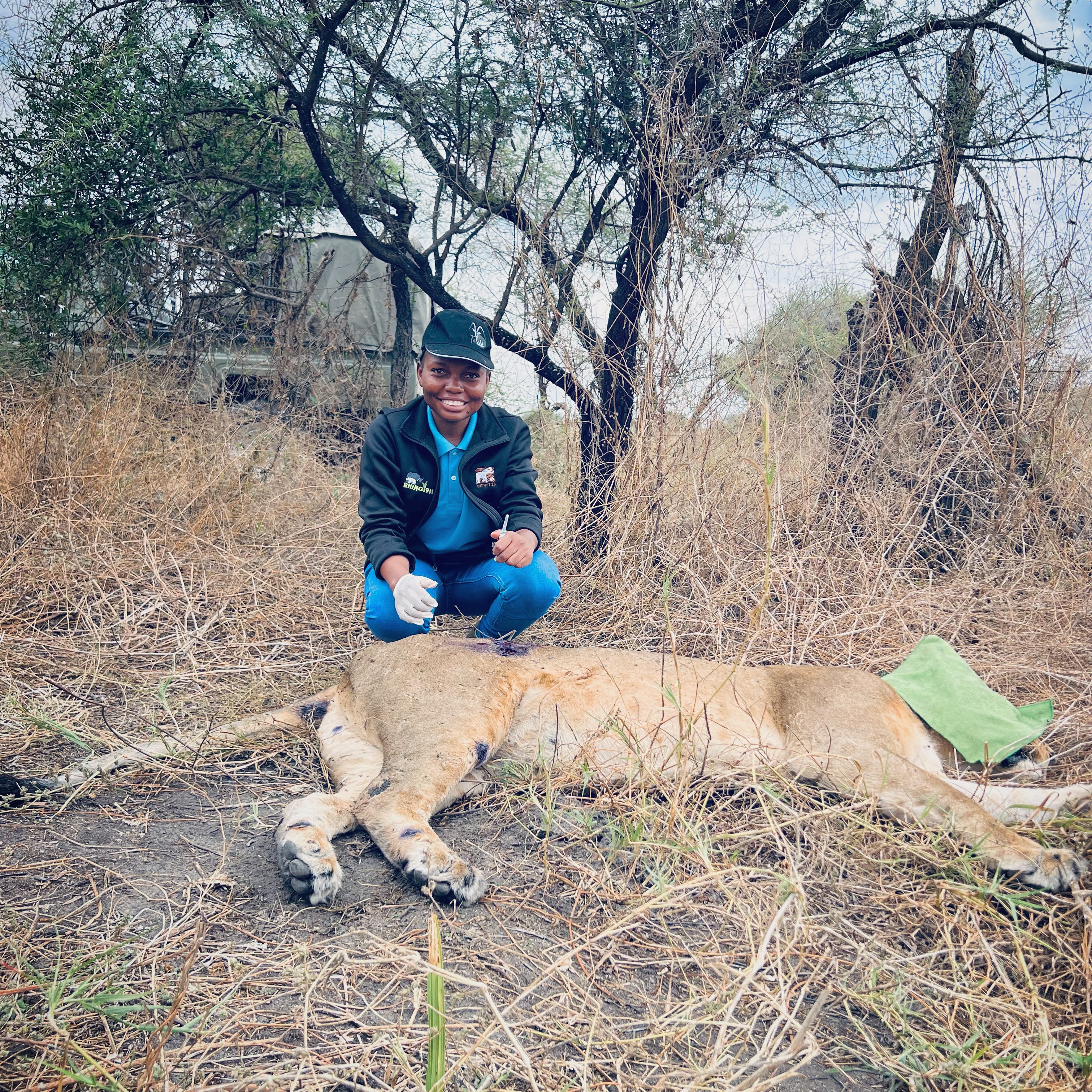
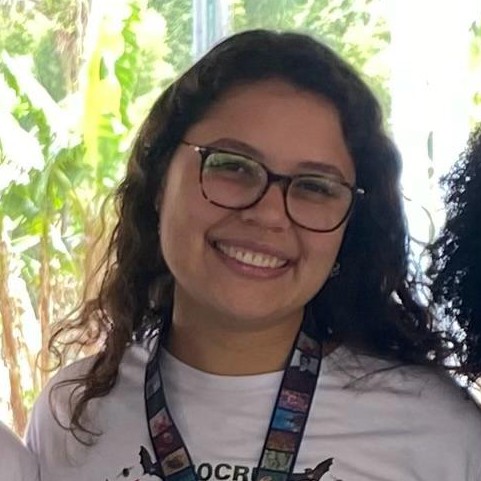

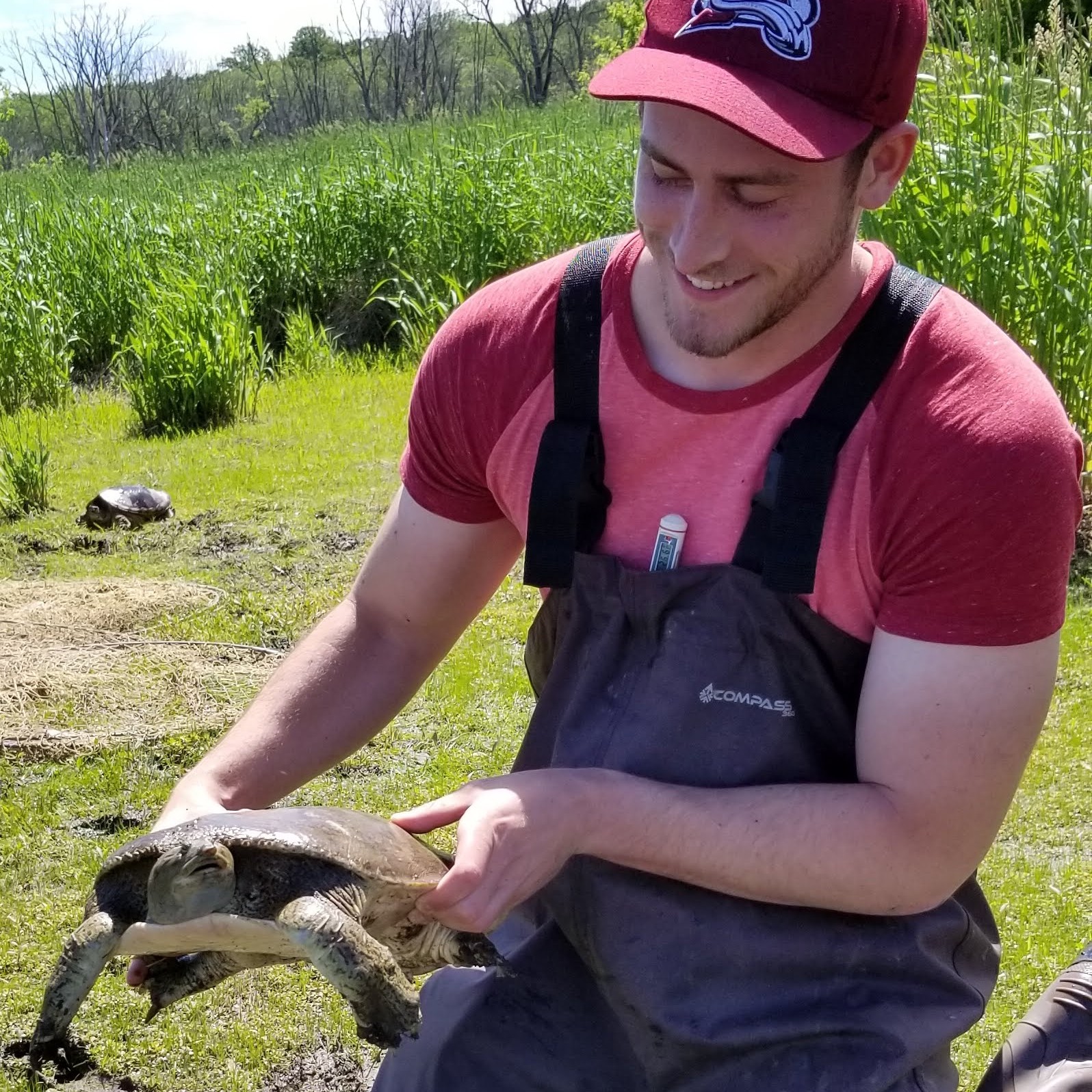


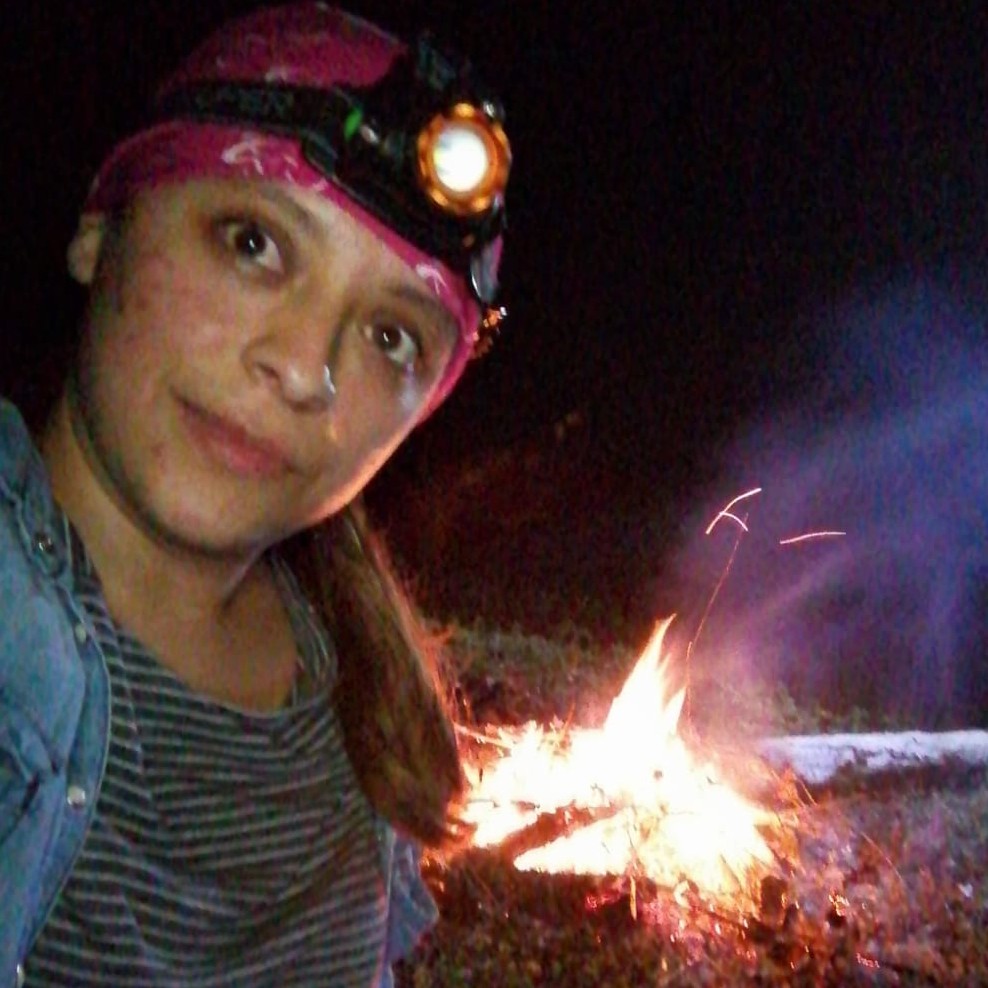

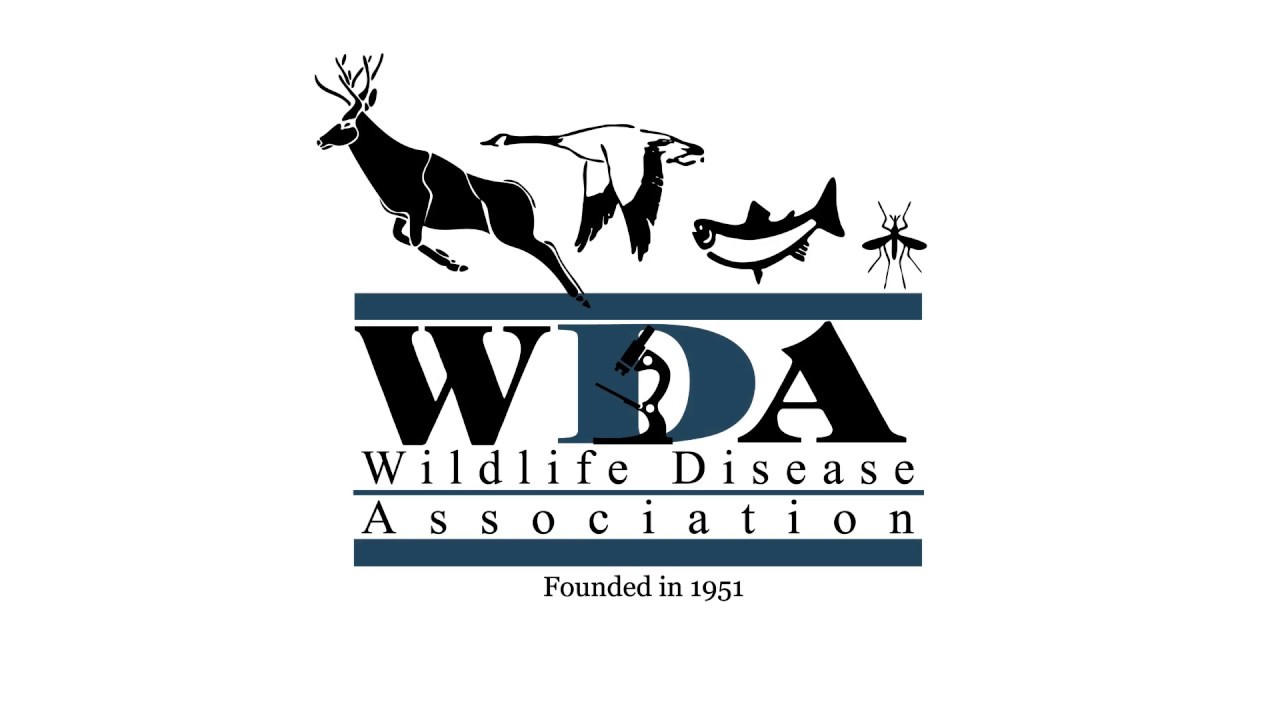
 Experiment Grant Programs
Experiment Grant Programs